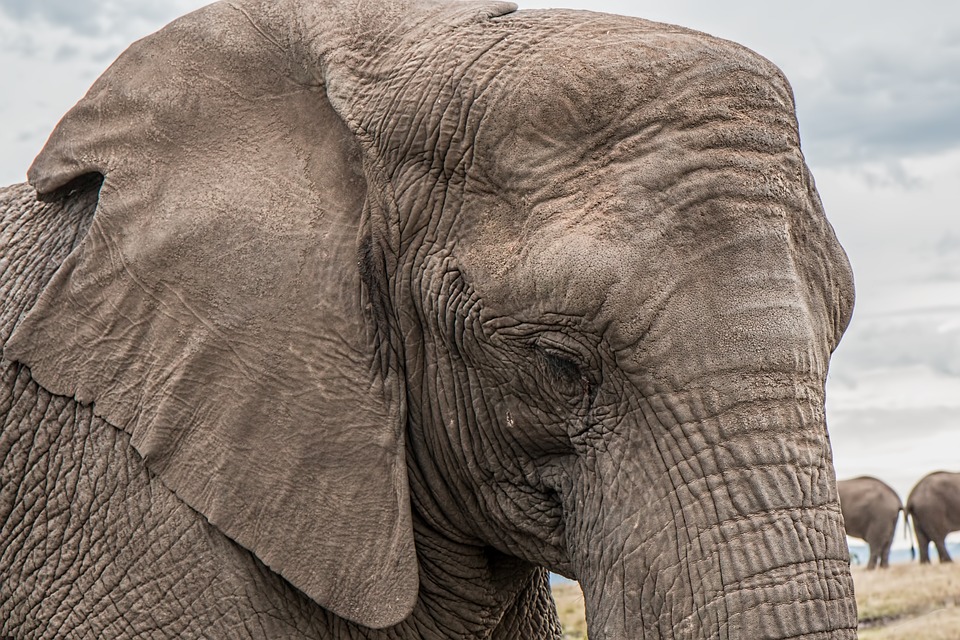We use affiliate links to run our site. When you buy through links on our site, we may earn an affiliate commission, without any added cost to you. Learn more
Today in this article we will discuss some interesting facts about Elephants, the largest terrestrial (which lives on land) animal. These mammals are the members of order Proboscidea. You can find more about different orders mammals in the main article on Mammalian classification.
Elephants are very important species when we consider their impact on environments. Due to this, they are considered keystone species.
There are 2 types of elephants which are found in the world:
African Elephants (Loxodonta africana): They are much bigger than their Asian counterpart. They are found in countries in sub-Saharan Africa. and,
Asian Elephants (Elephas maximus): They are smaller in comparison to the African Elephants. They are found mostly in India, Nepal, and south-east Asian countries.

The trunk in an elephant is the most important part of their body. It helps them in breathing, smelling, grasping, and also in sound production. it contains more than 50000 muscles. They can carry up to 2 gallons of water in their trunk.
Though the trunk is very powerful and can lift up to 300 kg with ease, it can also perform delicate tasks such as breaking a peanut shell without damaging the seeds.
The tusk in an elephant’s life performs many works. It helps in digging, fighting, or moving tree-branches. Unlike other mammals their teeth (not the tusk only the chewing teeth) got replaces many times in their life cycle.
Beside their trunk and tusk, one of the characteristic features of an Elephant is two huge fans like ears. Besides hearing, their huge ears help them in body heat controlling.
The ears of an elephant contain huge numbers of blood capillaries. It helps them to release the excess heat from their body. Elephants can increase the rate of heat release by increasing the flapping the ears.
The skin of an elephant is relatively thick (up to 2.5 cm) when compared with other animals. The skin of an elephant is so sensitive that it can even sense a fly in their skin.
Though in most of the part the skin is thick, back of their ear (also called knuckle) is covered with a very thin layer of skin and is also one of the softest parts of their body. Elephant trainers control elephants by using this soft part of their body.
Elephants cannot rotate their forearms. It is a fact that their forearms carry 60% of their huge body weight.
They are very slow movers. But can swim for a long-distance despite their huge built up.
The brain size of an elephant is the largest in the animal kingdom.
The height of a fully grown Elephant can reach up to 13 ft (African elephant) and can weigh over 6000kg.
They can live up to 70 to 80 years.
Elephants have been reported to be killed for their tusk. They have also suffered a loss of habitat due to human encroachment. The African elephants are listed as vulnerable and Indian elephants referred to as endangered species in the list of IUCN red list.
Did you find the article interesting? Share it with your friends:
Amazon and the Amazon logo are trademarks of Amazon.com, Inc, or its affiliates.
